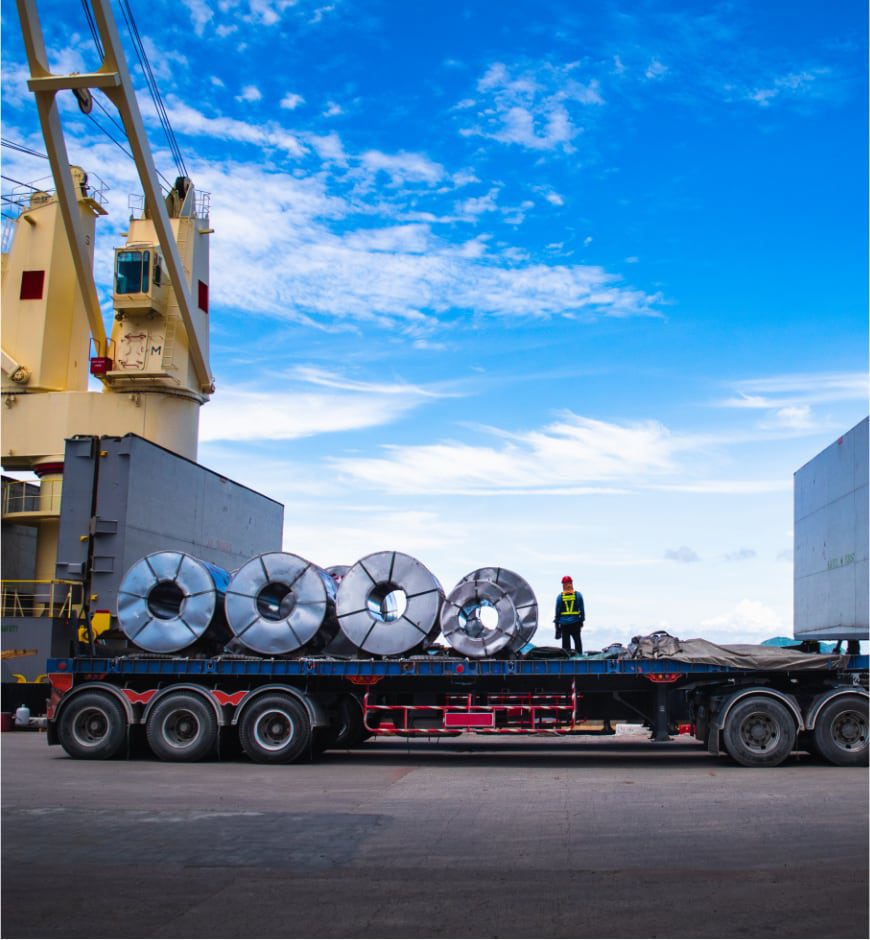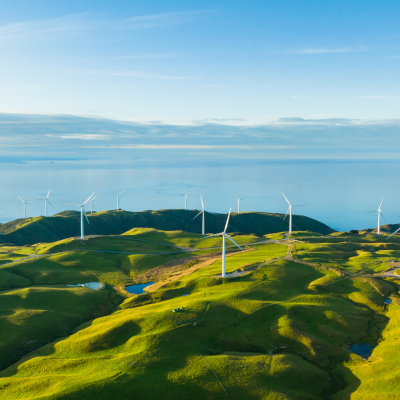Singapore plans to dramatically increase the tax it levies on greenhouse gas pollution from its biggest emitters from 2024, as the city-state seeks to speed efforts to reach net-zero emissions.
Affected companies will have to pay S$25 a ton ($18.62) for greenhouse gas emitted, according to Finance Minister Lawrence Wong, up from a S$5 a ton levy that began in 2019. Rates will be increased to S$45 per ton from 2026, then S$50 to S$80 per ton by 2030, Wong told parliament in a budget speech on Friday.
The first payments under the new rate will be due in 2025, based on 2024 emissions. The fee will be applied to large industrial facilities that produce 25,000 tons or more of greenhouse gases a year, such as oil refineries and power plants. The tax revenue is used to fund industry measures to reduce emissions.
Singapore will allow use of carbon credits for up to 5% of taxable emissions from 2024, Wong said.
When the city-state first announced a carbon tax in 2017, it initially planned to charge between $S10 and S$20 a ton before reducing it to current levels upon implementation. The government for months now has been signaling plans for the increase.
“The carbon tax is a carrot or a stick, depending on how you look at it,” said Kelvin Fu, managing partner of Gunung Capital Management Pte Ltd. “This carbon tax will force companies to first measure their carbon footprint and manage it.”
The hike might create more incentive for large factories to increase efficiency and find ways to reduce emissions, but it’s unlikely to have any near-term impact on the energy mix for power generation, which relies almost exclusively on imported natural gas. The country is planning large projects to import clean electricity, but they’re still several years away.
“Alternative low-carbon solutions like carbon capture utilization and storage, and hydrogen are starting to look more feasible,” said Wong. “We will raise our ambition to achieve net-zero emissions by or around mid-century.”
The carbon tax will, however, raise utility bills for consumers, said Wong, adding that details on government support will be announced next year.
Almost 30 nations have carbon taxes, ranging from less than $1 a metric ton in Mexico to about $140 in Sweden, according to a 2021 World Bank report. Though Singapore was the first Southeast Asian nation to introduce a carbon tax, the rate of S$5 a ton was on the low end of the spectrum. A price range of about $40-$80 a ton is needed to achieve the 2015 Paris Agreement’s main goal of limiting warming to 2 degrees Celsius (3.6 degrees Fahrenheit) above preindustrial levels, the report said.
This article was published in bloomberg.com with the title “Singapore plans a steep rise in carbon tax on big emitters”. Click to read:














